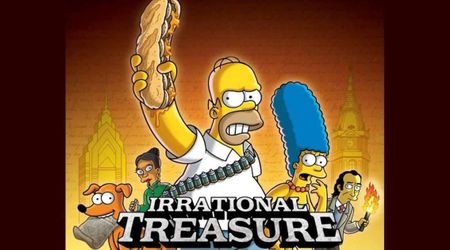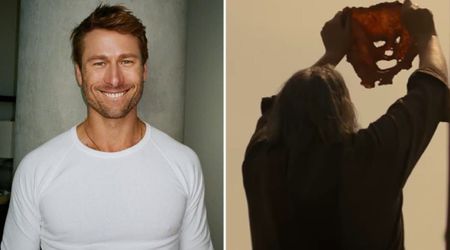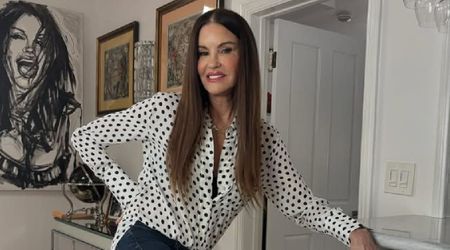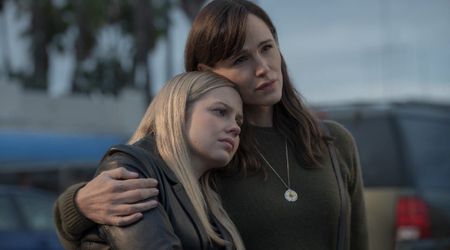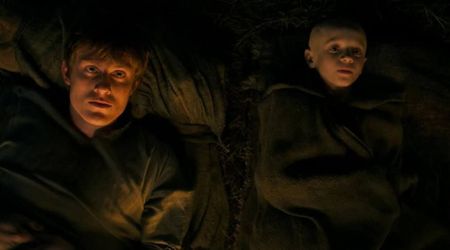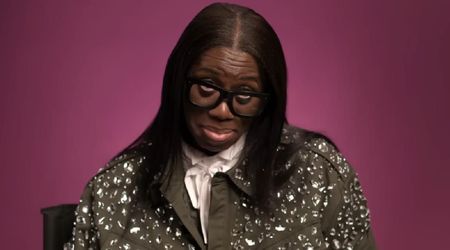The Age of the Anti-Hero: What is it about amoral characters like Marty Byrde that has viewers wanting more?

Jason Bateman always seems to play the same character on screen: this middle-aged white guy with a family who's scared of confrontation and he tries his best to be a pacifist. Meek, unambitious, affable, modest, submissive might be some of the other words that come to your head as well, an unfortunate by-product of his excellent portrayal of Michael Bluth from 'Arrested Development,' and Ray Embrey from 'Hancock.' By design or by choice, he's pigeonholed himself into this kind of a role, and it seemed as though that trend is set to continue with Netflix's 'Ozark.'
At first glance, it's quite easy to misjudge Bateman's Marty Byrde. He's a financial planner in Chicago who's entered that age where the monotony of routine is beginning to chip away at his sanity. He's the typical middle-class American with a wife and two children to support and his primary worries involving saving up enough money to send the both of them to college. And like so many Americans, he's afraid that his wife is cheating on him while he's away toiling and fears that his marriage is a sham despite its longevity. It couldn't possibly get more straightforward than this, right? Marty is the quintessential Bateman character.

